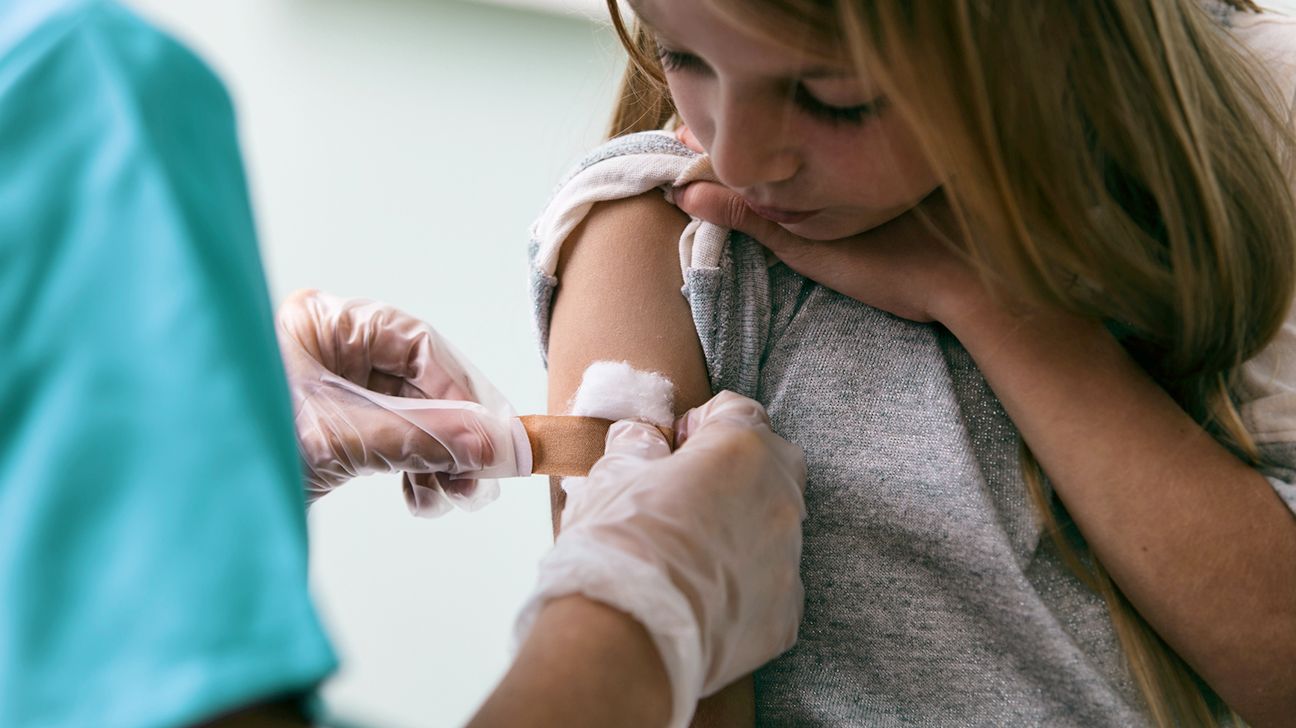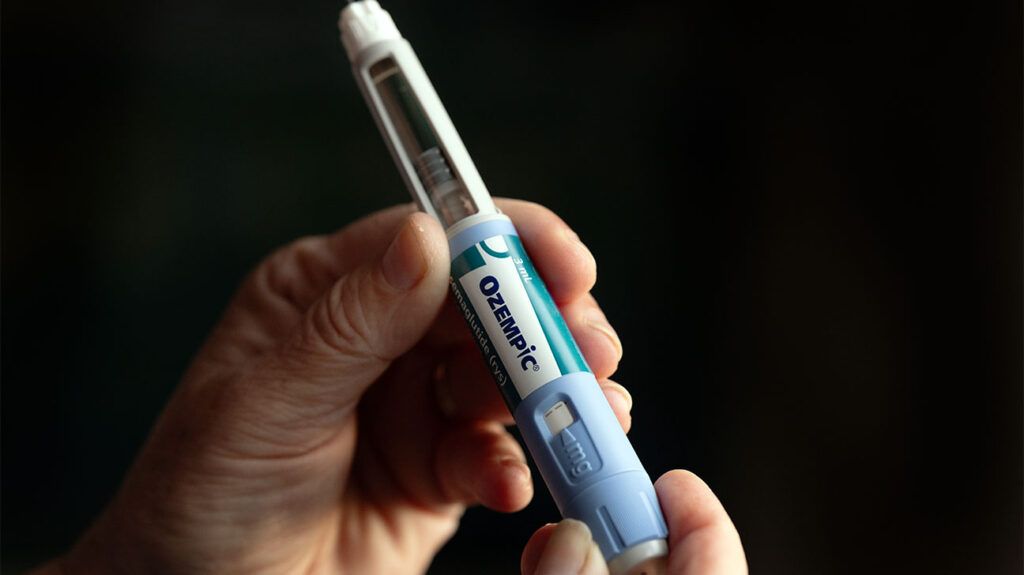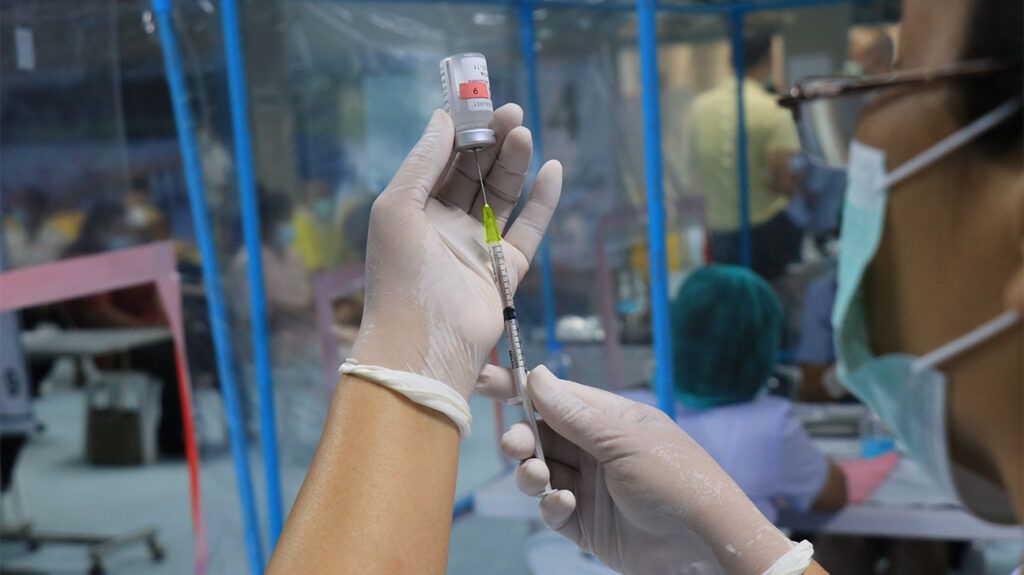Search Result For: california deaths

Date: 2025/06/04 - 00:32
Colorectal Cancer: 3-Year Exercise Program Improves Survival Rates
Researchers report that a three-year exercise program helped improve survival rates for people who have been treated for colon cancer. The findings could be helpful for doctors recommending exercise as part of a post-cancer regimen.

Date: 2025/05/29 - 23:32
CDC, FDA Limit Access to COVID Shots for Healthy Adults, Kids, and Pregnant People
The CDC will no longer recommend the COVID-19 vaccine for pregnant women and healthy children. Updated COVID-19 shots will now undergo placebo-controlled clinical trials prior to FDA approval, which could limit access for healthy adults.

Date: 2025/05/18 - 16:31
Semaglutide may reduce heart disease risk, even within first 6 months
Semaglutide, available under the brand names Ozempic and Wegovy, may help decrease the risk of major adverse cardiovascular events after just six months of starting the medication, a new study indicates.

Date: 2025/05/15 - 23:32
FDA Accepts Novo Nordisk’s Application for Oral Wegovy: 5 Things to Know
Federal regulators have accepted Novo Nordisk’s application to produce a pill version of its injectable weight-loss medication Wegovy. Experts say an oral medication for weight loss might be more cost effective and easier for people to use.

Date: 2025/05/13 - 23:32
First-Generation GLP-1 Drugs May Help Lower Risk of Obesity-Related Cancers
First-generation GLP-1 weight-loss drugs can help reduce the risk of obesity-related cancers, new research shows. Liraglutide, exenatide, and dulaglutide were 41% more effective at preventing obesity-related cancers.

Date: 2025/05/11 - 19:00
Mom, Daughter Diagnosed With NF1-PN: What to Know About the Rare Disease
Michelle and Samantha Pearson are a mother-daughter duo diagnosed with NF1-PN, a rare and painful disease that causes benign tumor growth along nerves throughout the body. After living with NF1-PN for four years, Samatha was accepted into a clinical trial that changed her life.



